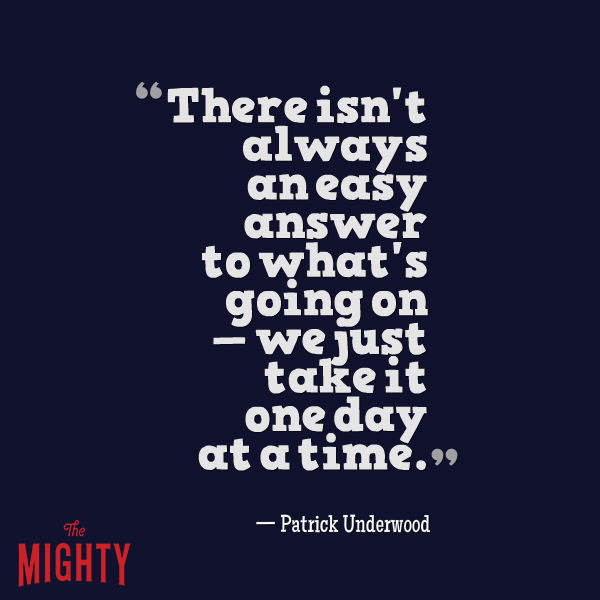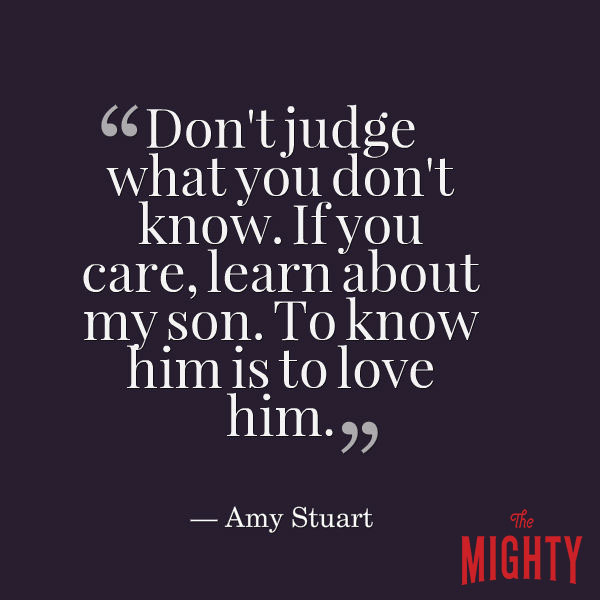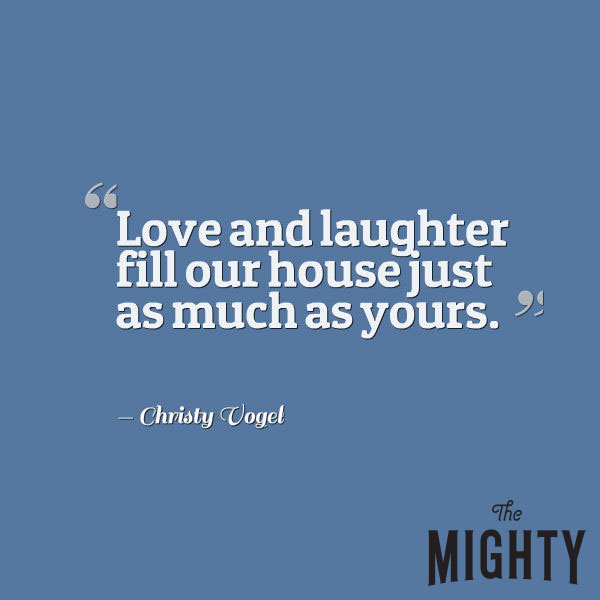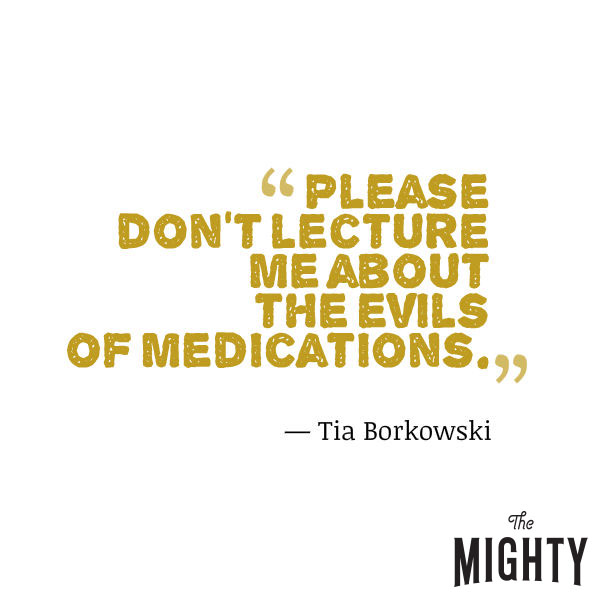14 Things Parents of Children With Mental Illness Want You to Know
According to the National Alliance on Mental Illness, 4 million children and adolescents in the United States have a serious mental disorder. And behind most of these children are parents — parents fighting stigma and misunderstanding to get their child the best care possible.
We asked our Mighty readers, who are parents to a child with a mental illness, what they want the world to know about their experience.
Here’s what they had to say:
1. “There isn’t always an easy answer to what’s going on — we just take it one day at a time.” — Patrick U.
2. “If you’re out in public and see our child doing something ‘strange,’ don’t stand there and stare. If you’re curious, ask questions.” — Kendra M.
3. “Our [mental health] system is in shambles, beyond crisis and families are drowning. We need you to pay attention to us!” — Deborah M.
4. “Don’t judge what you don’t know. If you care, learn about my son. To know him is to love him.” — Amy S.
5. “Just because my child has a mental illness doesn’t mean she’s going to go out and kill people. [That stereotype] makes it harder for my child to be accepted. It makes it harder for her to believe in herself and what she’s capable of accomplishing one day.” — Patricia F.
6. “Our children should never feel ashamed of their diagnosis. I want to discuss depression (and all mental illnesses) with other parents just as they would talk about their children’s illnesses with me.” — Richelle C.
7. “Love and laughter fill our house just as much as yours.” — Christy V.
8. “Just getting through a day successfully, without a crisis, can be an accomplishment.” — Cyndi K.
9. “Sometimes my parenting may look strange. It may look like my child is spoiled. Please respect us and know in the end my husband and I will do what’s best for my child.” — Mary B.
10. “Be patient and educate yourselves. Just because you can’t see it all the time doesn’t mean it’s not there.” — Lorraine M.
11. “Please don’t lecture me about the evils of medications. Trust we’re making the best decisions for our son. Maybe you would make other decisions, but every child is different. This plan works for us, for him.” — Tia B.
12. “When my son was young all I wanted was for people to understand that he wasn’t a bad kid, he didn’t have a behavior problem. He was frightened and overwhelmed, and if he had another choice, trust me, he would have taken it.” — Pamela F.
13. “Please trust that I know (and love) my child and therefore know what’s best for him. My number one priority is always to keep him safe, alive and stable — no matter what it takes.” — Kathy S.
14. “I’m proud of my son. Learn to look beyond the dimples and see my 7-year-old as he truly is: precious, worthy, bipolar.” — Katrina L.
Thinkstock photo





